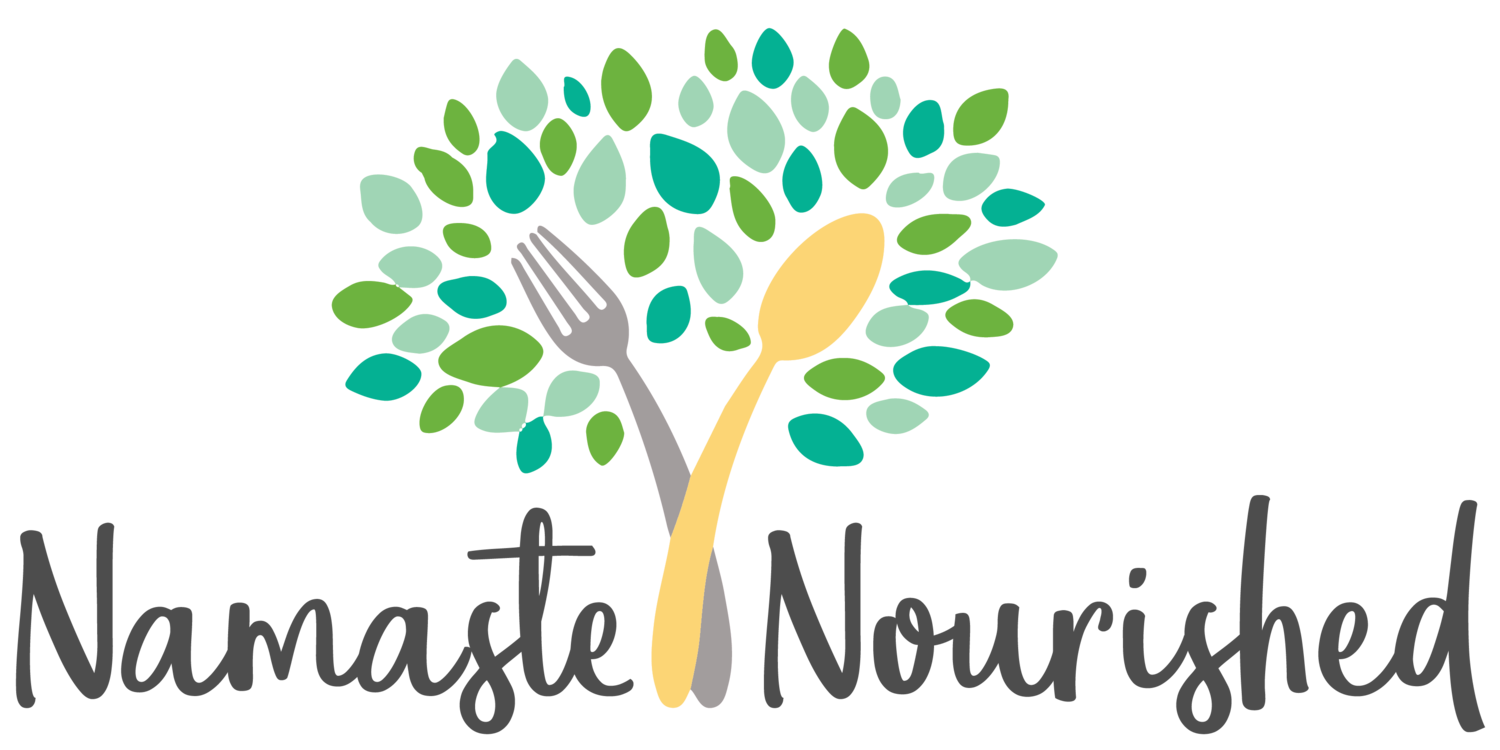The Dilemma of Fasting or Not Fasting During the Jewish Holidays
The Holiday season is here and you may be wondering how to navigate these times while in eating disorder recovery. THe next holiday approaching is Yom Kippur. Fasting during Yom Kippur, the Day of Atonement in Judaism, is a traditional religious practice that involves abstaining from food and drink for a period of approximately 25 hours. However, if you are suffering from an eating disorder or disordered eating, we invite you to caution or consider alternative ways to observe the holiday, as fasting can pose significant health risks and affect your recovery process in a negative way.
It's essential for individuals with eating disorders to prioritize their health and well-being above religious obligations that may exacerbate their condition. Here are some considerations during Yom Kippur if you are in eating disorder recovery:
Consult with your team
Before making any decisions about fasting, individuals with eating disorders should consult with a healthcare provider, such as a doctor, therapist, or dietitian. They can provide guidance on whether fasting is safe and appropriate based on the individual's current health and recovery status.
Speak with a religious leader
Discuss your situation with a trusted religious leader, such as a rabbi, who may provide guidance and alternative ways to observe Yom Kippur that do not involve fasting but still allow for spiritual reflection and participation in communal prayers. If possible, if you are currently working with any eating disorder professionals, invite at least one of your treatment team members to join. At times during recovery, advocating for yourself can be difficult and it can be helpful to have your team behind you when having difficult conversations with those outside of the eating disorder field.
Focus on spiritual reflection
The Blue Dove Foundation, an organization committed to change how Jewish communities manage mental health issues, has created a framework for reflecting on repentance that does not depend on fasting. Rather than asking for confessions of wrongdoing, which can be part of the pathology of eating disorders, the framework asks users to consider what they are already doing and want to do more of. This aligns with recovery and can support one’s recovery process.
Remember that the most important aspect of Yom Kippur is the spiritual and emotional connection with the holiday's themes of repentance, forgiveness, and self-improvement. It is essential to prioritize your recovery when making decisions about fasting during this holiday, and seeking guidance from professionals and religious leaders who understand eating disorders can help strike a balance between religious observance and personal health. We want these experiences to enhance your recovery journey and vice versa. Check out this post to help ground yourself in recovery during the holidays.
At Namaste Nourished we understand finding a treatment team for eating disorder recovery can feel overwhelming. We are here to make that process as smooth as possible, providing you with the proper support, guidance, nutrition education and behavior change tools to help you on a path of life that you want to experience.

